
Have you ever read something and not remembered even a word of it? If yes, you are not alone. You can get so distracted by your thoughts that it’s easy to lose track of everything happening around you. But why does such a thing happen? Well, it’s because you are on autopilot, and a mind on autopilot can’t reason, question, or think creatively.
As a writer, this can severely hinder your creativity and restrict work progress. Thankfully, it’s possible to get your creative juices flowing again by practicing a little mindfulness. Now, the question is, “How to improve your writing skills?” There are multiple answers to this question. Find all of them here.
14 Mindfulness Tips to Improve Your Writing Skills
You can’t live in the moment with a wandering mind. All creative people are susceptible to this, and writers are no exception. It’s okay to be oblivious of the present sometimes, but it’s a problem if it becomes a routine. It will affect your creative writing.
Here are 14 handy, mindful tips to improve your writing skills.
1. Be active
Writing is a sedentary job. The more you write, the more you sit on a chair for hours, letting the creative juices flow. While that cannot be changed, you can be more flexible.
Stretching and moving your muscles daily is an integral part of the writing process. Ensure you have some physical activity in the day to energize you and keep you active and free of any body pain.
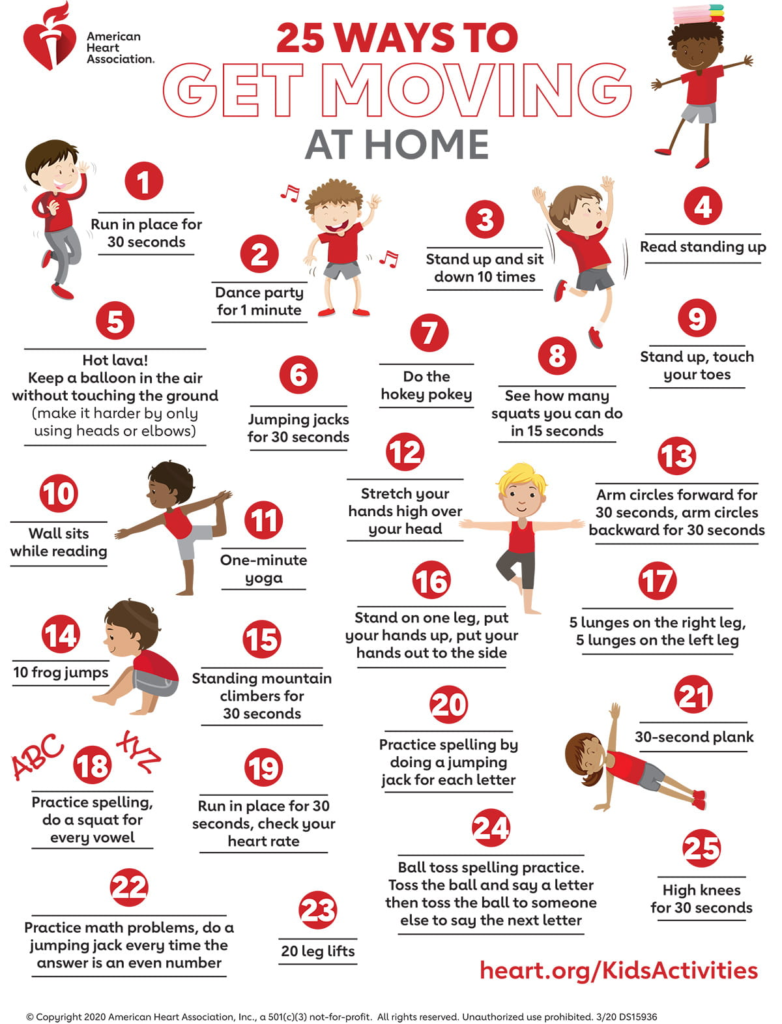
2. Walk more often
Walk whenever possible to keep your core strength from weakening by sitting still. You can walk to work if your office is within a manageable distance. This will help you collect your thoughts and prepare you to concentrate on the day’s writing.
Also, take a walk after work to stretch your muscles and joints, release pent-up energy, and allow yourself to transition smoothly out of work. Then see how your creative writing will change.

3. Practice earthing
Earthing is a therapy technique that involves activities that ground you. This practice is based on grounding science, which explains how the earth’s electrical charges positively affect your health. As you go about your daily activities, you accumulate negative ions. Contacting the ground is the fastest way to discharge them.

Since most people wear shoes made from synthetic materials, the connection between the body and the earth gets blocked. And that’s why setting aside some time for grounding is a must. While walking barefoot on the ground has positive long-term effects, for immediate benefits such as mood enhancement, just remove your shoes before you begin to write.
4. Manage your mental health
How do you improve creativity and innovation without too much physical effort? By focusing on your mental well-being. There is hardly anyone in the present times who hasn’t had a bout of anxiety or extreme stress.
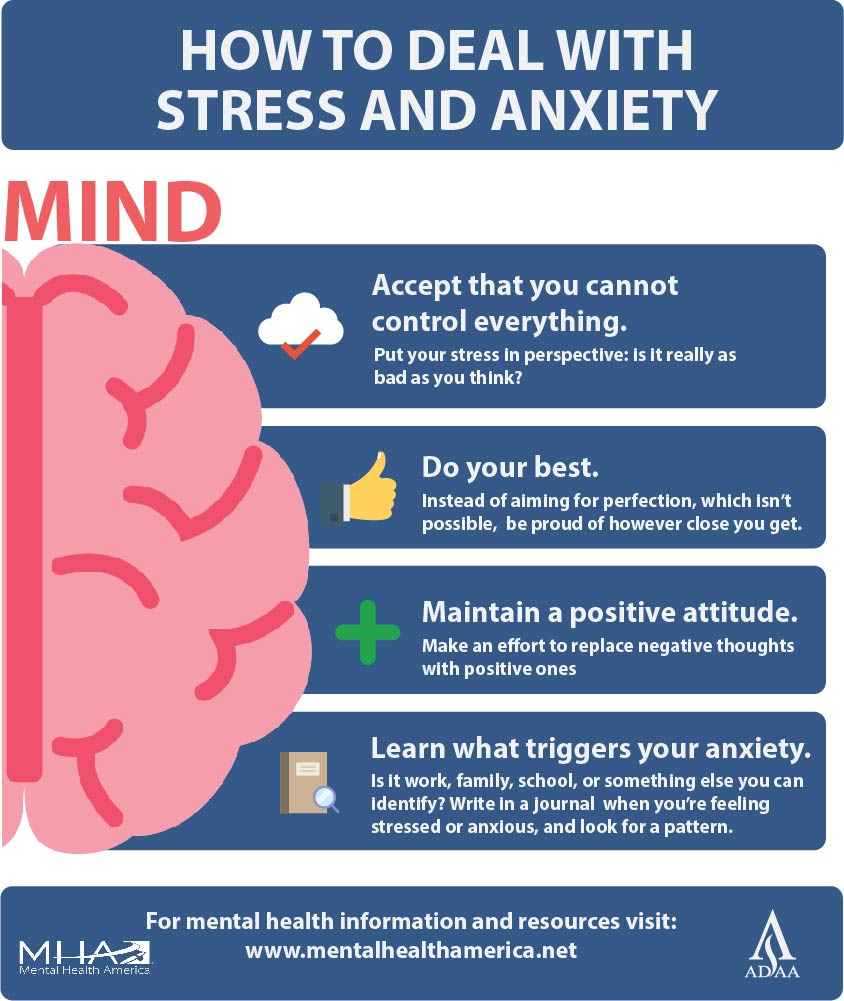
People have become more psychologically vulnerable over time. And that is why working towards improving your mental state is paramount. Meditate daily to feel inner peace, calm, and balance. This will not just enhance your creativity but will also take care of your emotional well-being.
5. Improve your sleep
No tip on boosting creativity and improving your writing skills will work if you don’t sleep well. Sleep deprivation is one of the biggest obstacles to creativity. Although there are apps to help you get better sleep, you first need to try making a few lifestyle changes.
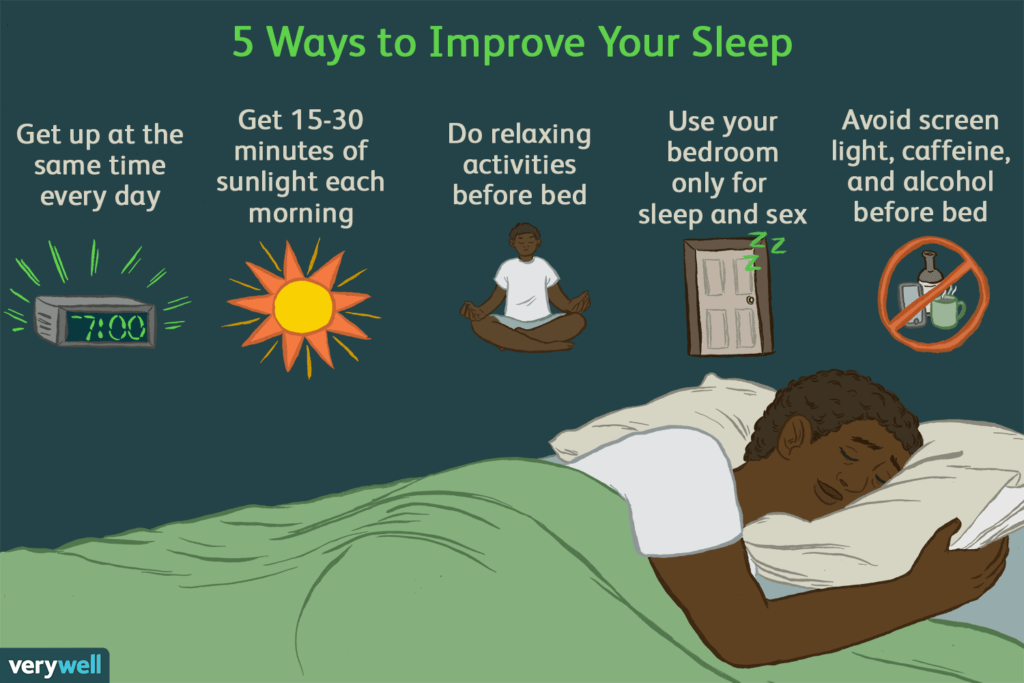
What changes, you ask? Drinking water before bed, sleeping on a comfortable pillow clad in a soft cover, playing peaceful music in the background, and avoiding using devices. Good sleep is the most basic requirement for a creative mind.
6. Start your day with music or an inspirational talk
To mentally prepare yourself for the day, you can listen to a motivational speech or a high-energy or soothing playlist based on your taste. Good music can awaken your brain and encourage creativity. Although the choice of music is entirely yours, it’s better to listen to songs having encouraging lyrics and pleasant tunes.
A good thing about starting your day with music is that you can listen to it while doing other tasks, and you don’t need to set aside time. You can listen as you prepare your breakfast or load the dishwasher. Isn’t this one of the most enjoyable tips to improve your writing skills?
7. Focus on preparation
The size of a project will dictate how much you need to prepare before you start writing. You don’t need much practice if your goal is to end one article or edit a few pages. But if you are going to start something completely new, prepare well—begin by cleaning your workstation.
Have your coffee next to the keyboard, get a cozy chair, layer yourself with warm clothing if it’s cold, and get started. Snack on healthy food such as nuts to keep monotony at bay.
8. Begin the day with easy writing
Start your day by writing something simple: a quick post on social networks or a brief outline of what you want to write throughout the day. Any content that requires mental input is acceptable, as long as it’s useful. If you are looking for a fail-proof tip on how to improve your writing skills, this is the one for you.
9. Celebrate the small things
Different people deal with failure differently. But just because there are failures doesn’t mean you should overlook your small accomplishments. Celebrate them because your efforts count. Did you successfully finish a complicated paragraph? Do a crazy dance. Did you finish writing a long-pending article? Treat yourself to your favorite food. Recognize that you are putting in the work and that every ounce of it deserves appreciation.
10. Practice mindful breathing
Stress management is a major focus of breathing exercises and meditation. Few things can help you deal with everyday stressors. Breathing exercises can help reduce blood pressure, improve sleep quality, and alleviate symptoms and episodes of mental illnesses.
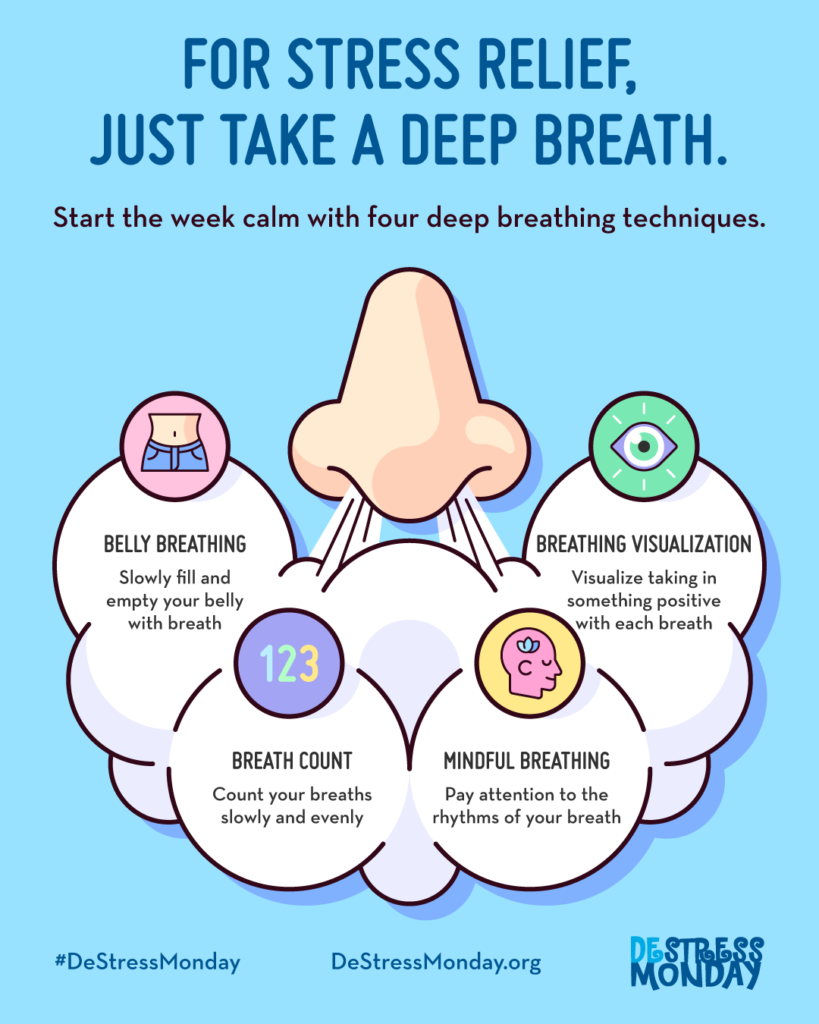
There is more: mindful breathing can help quieten the mind. And a quiet mind always allows for better and more creative problem-solving. So, doing some deep breathing exercises regularly and being mindful of how you breathe is undoubtedly one of the best tips to boost creativity.
11. Quit the performance pressure
Performance pressure is often seen as a requirement for high performance. People are taught that they need to be able to handle pressure to succeed, and how they do this will determine their success.
However, the repercussions of blindly following such advice are never discussed. As a result, you learn to prioritize success over your well-being. But it’s time to unlearn this. Never stretch yourself too thin, as that will only lead to burnout. That will only eat at your creative juices. While putting your best foot forward is necessary, you shouldn’t succumb to unrealistic work expectations.
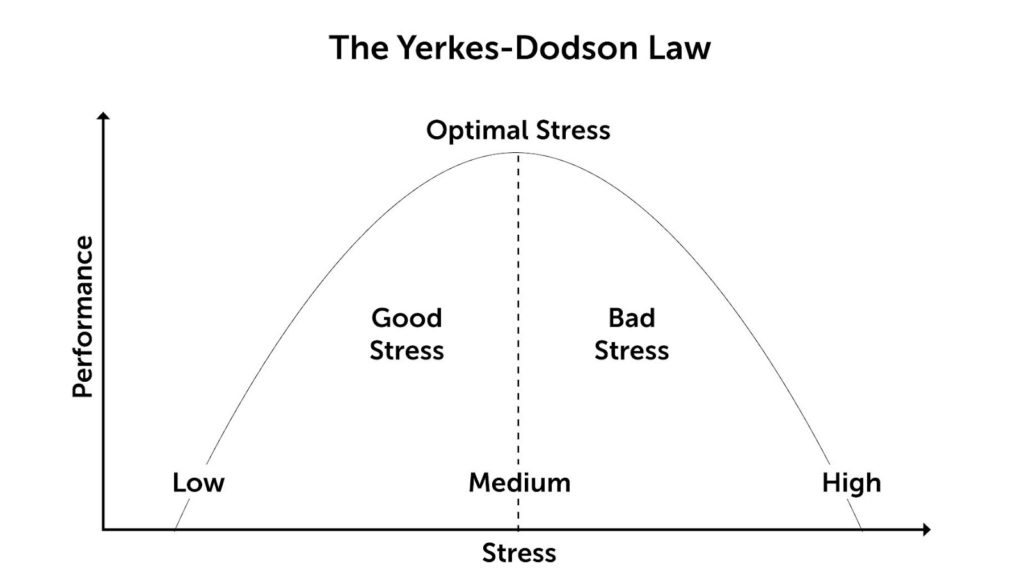
12. Surround yourself with inspiration
How do you improve creativity and innovation sustainably? By surrounding yourself with inspiration. An inspiring environment can highly influence creativity. And that’s why it is important to surround yourself with people, things, and stories that inspire and motivate you. Read more work that inspires you to write better. Talk to people who can teach you great things about writing, and look for inspiration everywhere you go.
Also, don’t forget to take time and make your workstation a space that inspires and energizes. And expose yourself to stimulating settings and experiences that encourage creativity.
13. Re-conceptualize your issues
As a writer, you probably know what it’s like to experience writer’s block. But being unable to put words on paper is not the only problem writers face; there are plenty of others. And some of them can be highly debilitating. In such situations, reexamining your challenges can help.
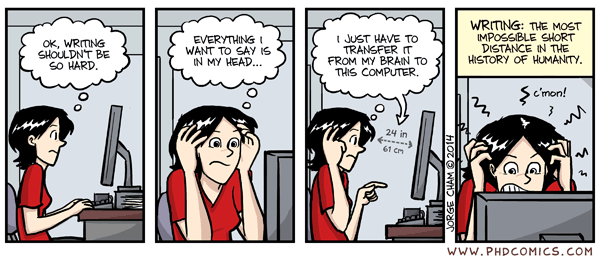
Creative people share a common trait: they tend to re-conceptualize issues to solve them more effectively. Instead of continuing to bang your head against the same mental wall, take a step back and reassess the problem from the beginning. You might just find a better way of looking at it and, by extension, get better at creative writing better.
14. Let go of the need for perfection
Perfectionism is sneaky. If you address it in one area of life, it will soon appear in another. As a writer, you may feel the urge to perfect everything before hitting the “publish” button. Perfectionism, however, may lead to procrastination and fear (of failure). For instance, you may feel overwhelmed by a large project, and the perfectionist in you will run away. If you don’t try to control the urge to attain perfection in everything, it will start controlling your life.
15. Capitalize on your emotions
Research has shown that creativity is strongly connected to positive emotions. However, some studies reveal that both positive and negative emotions can boost creativity. So if you are going through a phase, stay with it and capitalize on it. Emotions are often overwhelming, but you can use them to further your creativity.
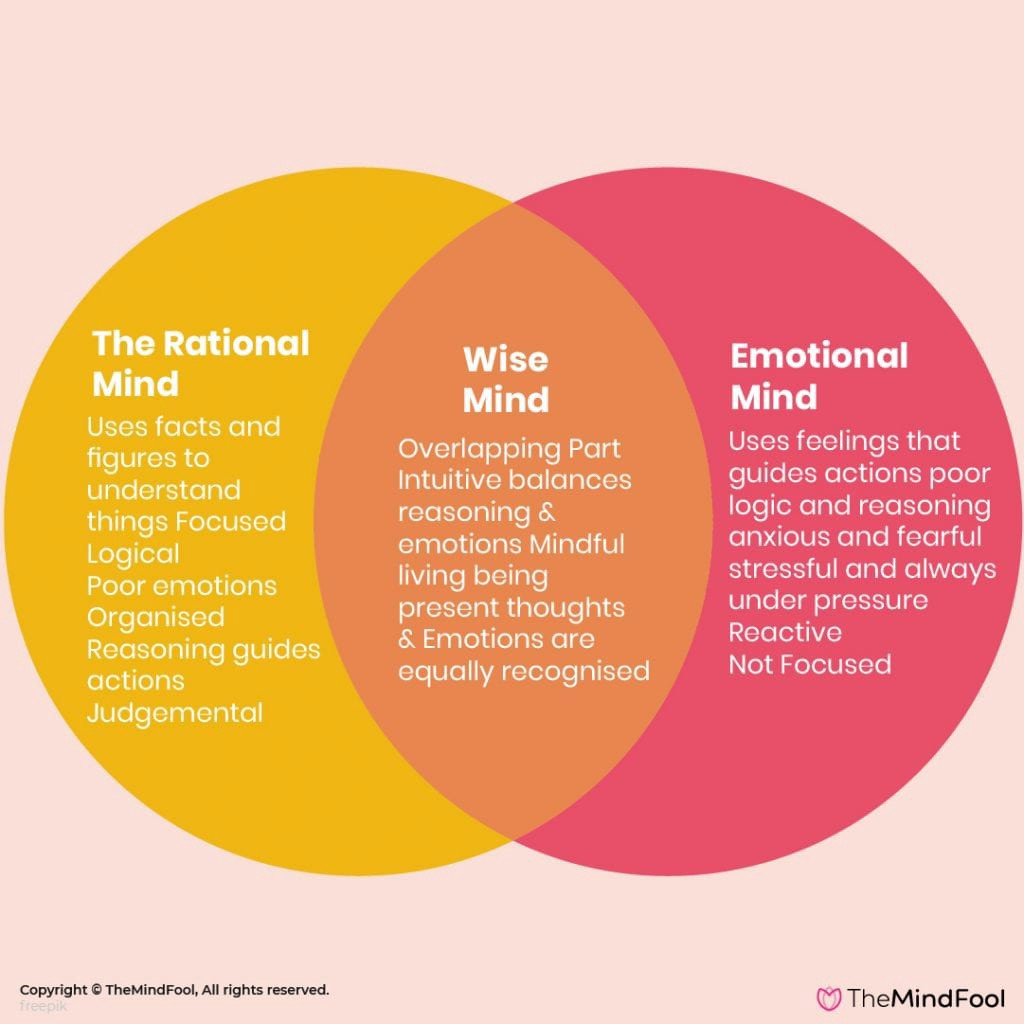
In the End
So, here are some of the top tips on ways to improve your writing skills and creativity with mindfulness. Remember, mindfulness doesn’t have to be a time-consuming exercise. Yes, it takes some effort initially. But once you incorporate specific changes in your life, it will become second nature to you.
You don’t use mindfulness just to improve the quality of your writing but also to manage the fear that comes with being a writer. There may hardly be any writer who has never felt a sense of fear about their work. Practicing mindful habits is a sure-shot way to dismiss those fears and apprehensions that scream, “You are not good enough.”
Key Takeaways
- It’s possible to keep your creative juices flowing by practicing a little mindfulness.
- Some tips to improve your writing skills include managing your mental health, improving your sleep, preparing well before writing, beginning with easy content, and celebrating small accomplishments.
- With practice, mindfulness can become a habit.
- Mindfulness doesn’t just boost creativity but also allays self-doubt.
FAQs
Creativity is the ability to think out of the box. It involves divergent thinking that allows you to explore multiple solutions to a problem.
Yes, it is possible to teach and learn creative skills. However, listening to a lecture on creativity will not suffice. You must practice creative thinking for real, and on a day-to-day basis.
Creativity may be considered a skill, as it is used to solve complex problems, increase efficiency, and develop innovative ideas. Although you might have natural creative skills, creativity can be learned and improved over time.
The best way to improve creativity is by allowing your mind to create ideas and imagination. Try to avoid ideas you may have relied on in the past.
Creativity can help you solve problems in many areas of your life. It’s a way to view the world differently and deal with uncertainty in a better, more unique way.
Latest Blogs
Explore how Google’s 2025 AI search updates triggered ranking chaos. Learn actionable strategies to adapt your SEO for AI Overviews, zero-click searches, and SERP volatility. Stay ahead now.
Learn how to rank on AI search engines like ChatGPT, Perplexity, and Gemini by optimizing your content for authority, structure, and relevance. Stay ahead in AI-driven search with this strategic guide.
Explore the best healthcare SEO services for your medical practice. Improve online visibility and effectively reach more patients in need of your services.
Get your hands on the latest news!
Similar Posts

B2C Marketing
5 mins read
Top Choices for Best Content Marketing Services in B2B Industries

Artificial Intelligence
5 mins read
How A Lead Generation Specialist Can Use AI-Powered Content Funnels to Drive Conversions

Artificial Intelligence
4 mins read